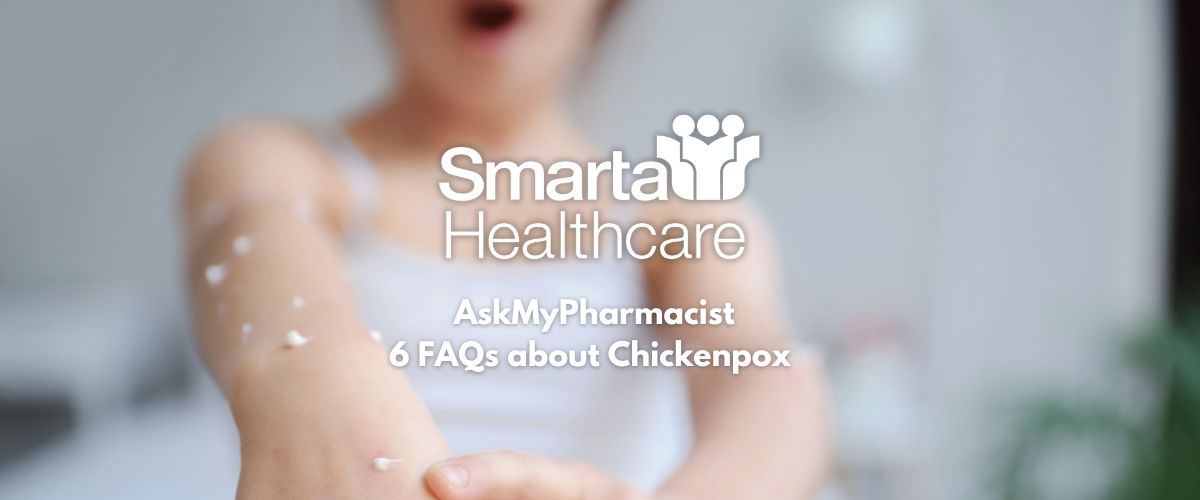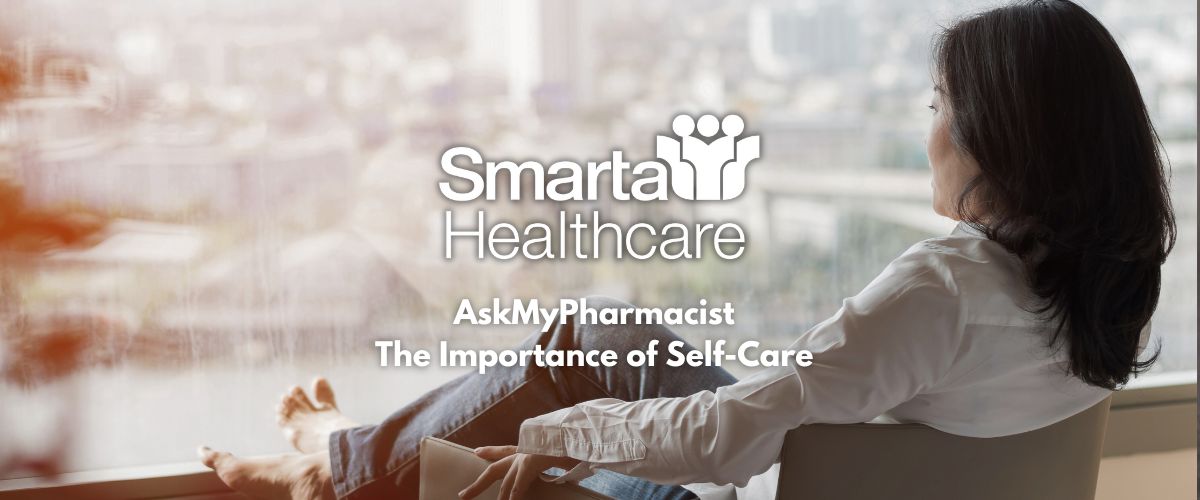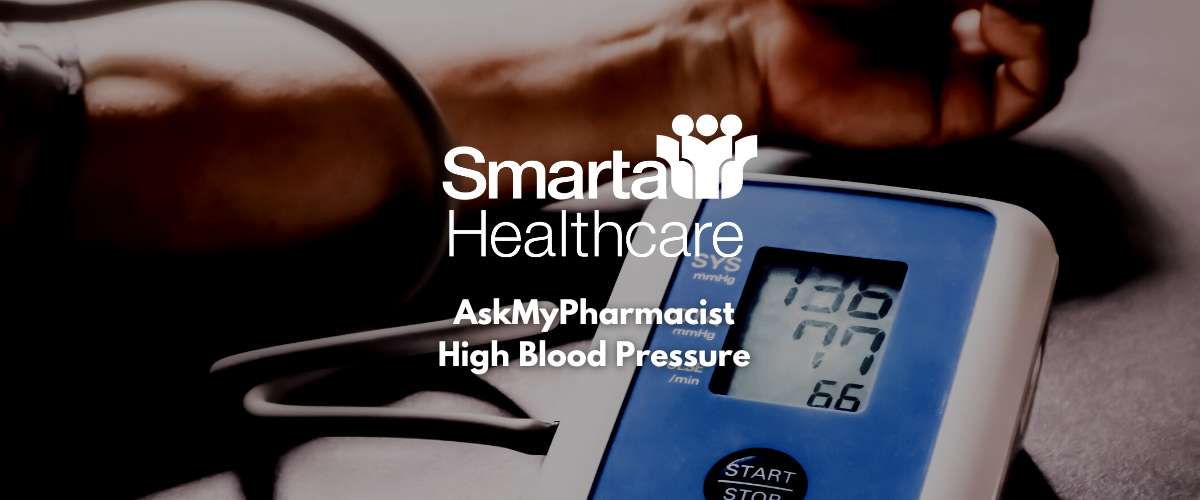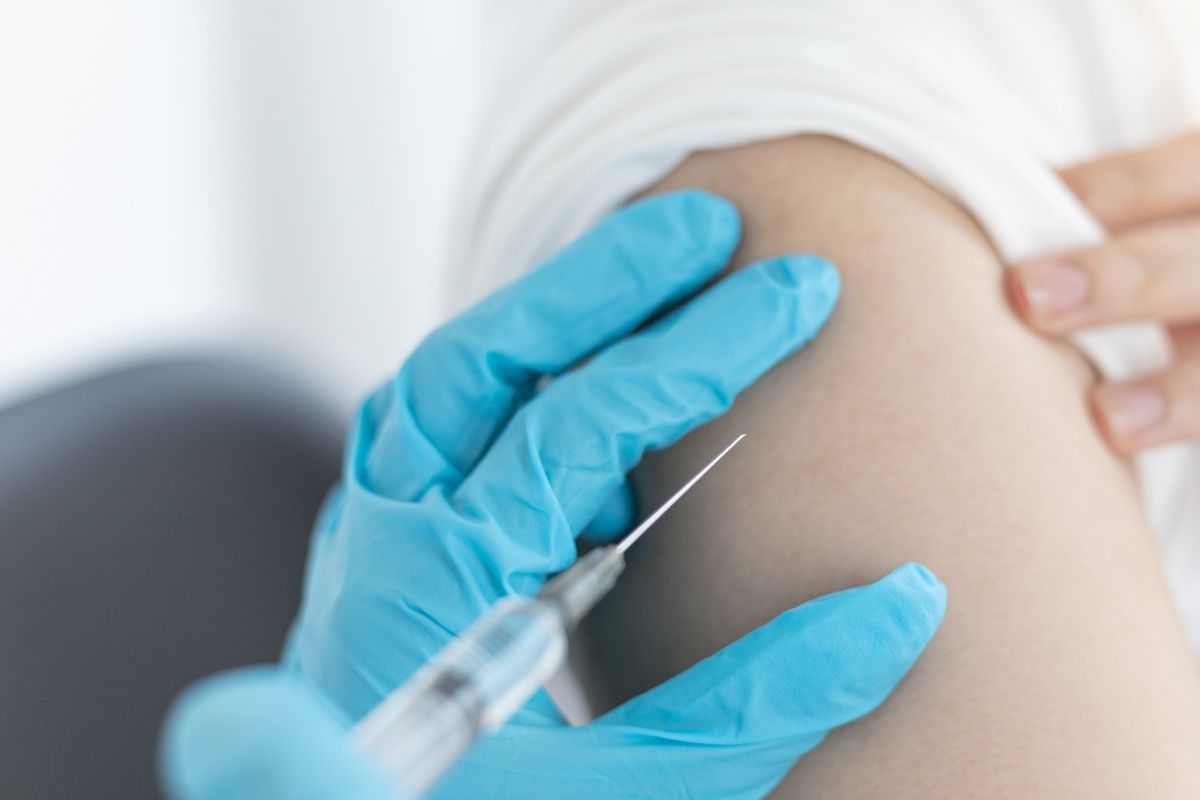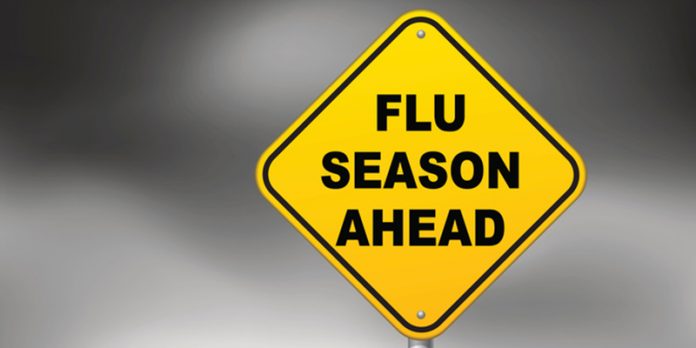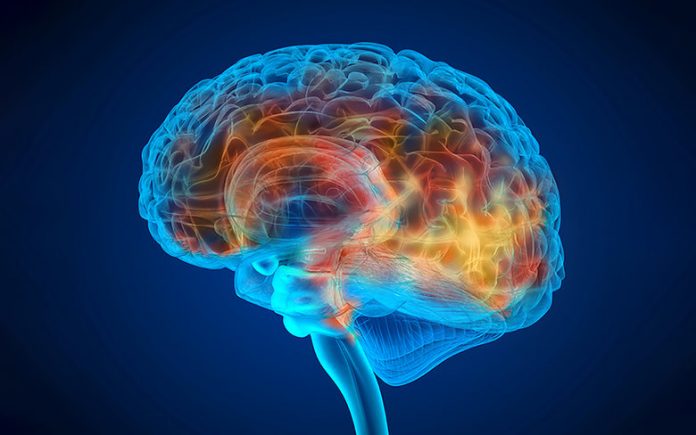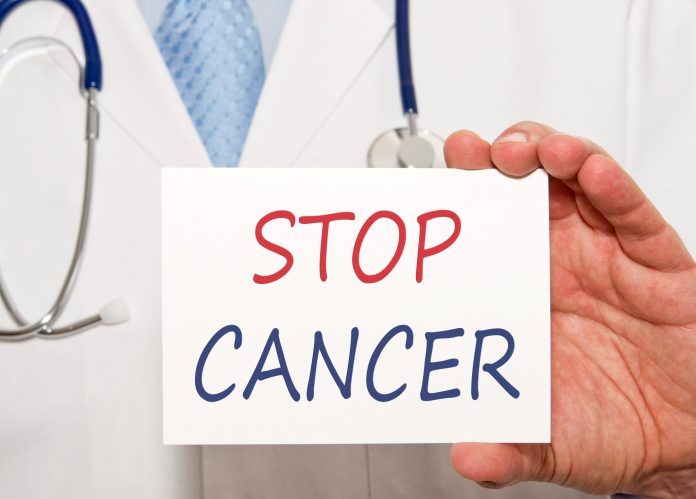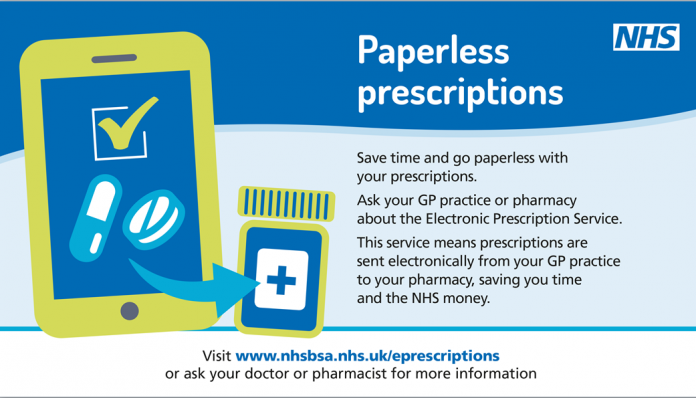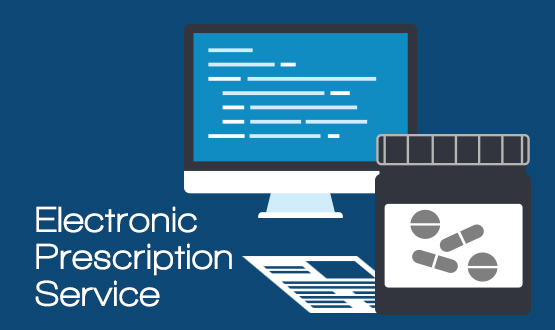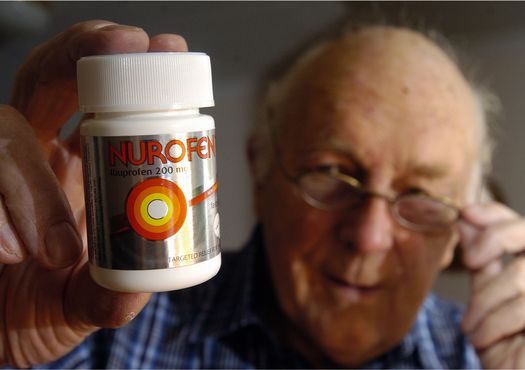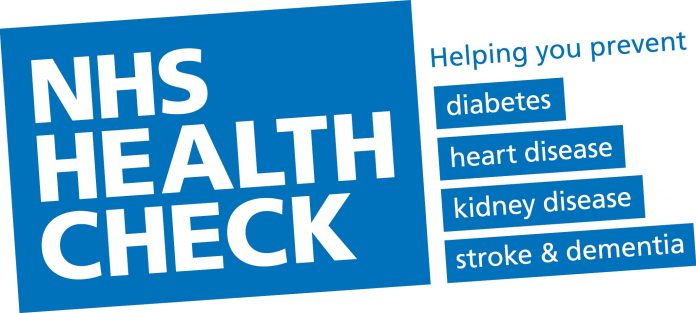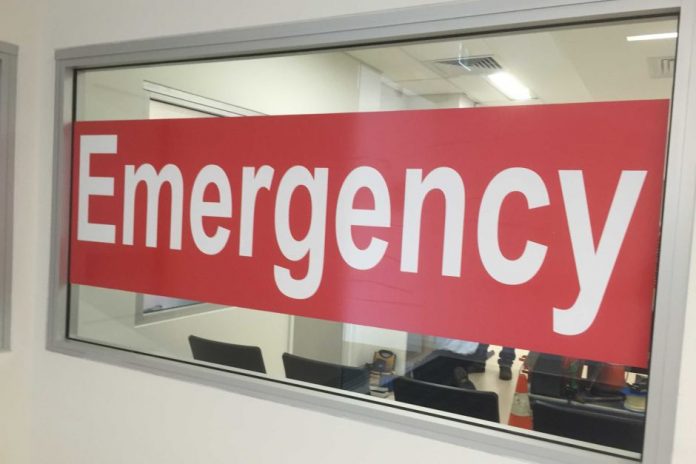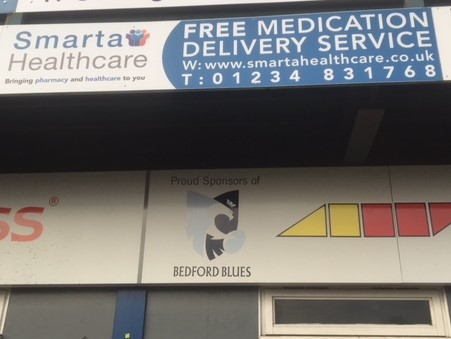AskMyPharmacist about Allergies
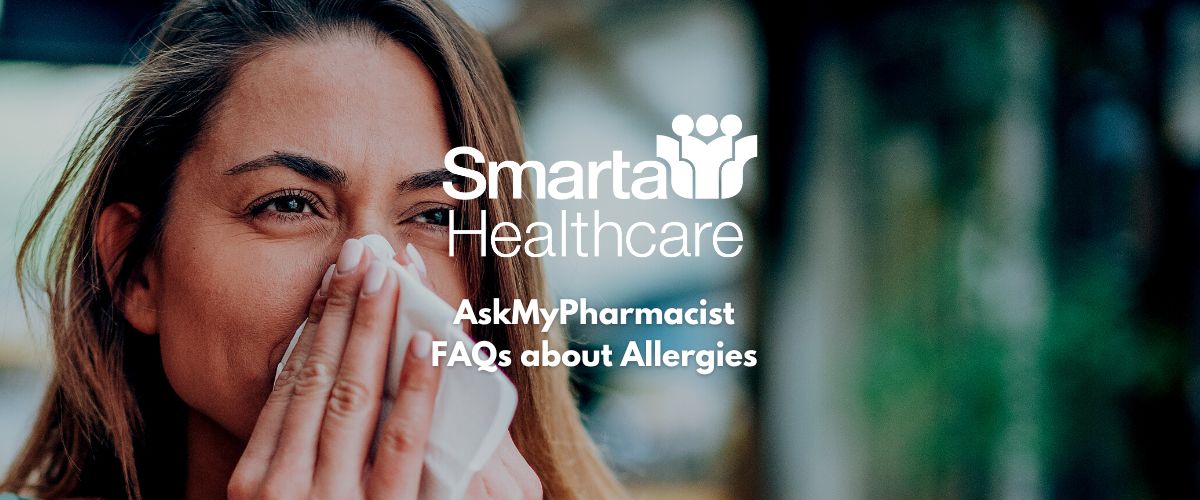
As the warmer months approach, many of us are going to be spending more time enjoying the outdoors. The benefits on our wellbeing are numerous, including lower blood pressure and heart rate, decreased stress and a boost in mood and overall mental health.
Unfortunately, for many, the warmer weather also signifies the start of an uncomfortable, or potentially dangerous, allergy season. For people with Asthma and Hay Fever it’s time to start monitoring the pollen and pollution counts.
But what exactly are allergies, and what can we do about them? As part of our #AskMyPharmacist campaign, and allergy awareness week (24th-28th April) we’ve answered 7 of the most commonly asked questions about allergies.
What is an allergy?
Allergies affect 1 in 4 people at some point during their lives, with a range of symptoms that can affect daily life. Although it’s not totally clear why, allergies are especially common in children and the number of cases is rising.
An allergy, or allergic disease, occurs when a person’s immune system has an abnormal reaction to a usually harmless substance. Some of the most common allergies include: grass and tree pollen (hay fever), food (such as nuts, shellfish and eggs), dust mites and medicines.
Common allergy symptoms or allergic reactions include:
- Itching or a rash on the skin
- Coughing or sneezing
- Red watery or itchy eyes
- A runny or blocked nose
- Eczema or asthma symptoms
Severe allergic reactions can be very dangerous and require immediate medical attention. Anaphylaxis can happen within seconds or minutes after exposure to an allergen. It causes a flood of chemicals that causes the body to go into shock, that can be fatal. Call 999 immediately if you suspect anaphylaxis.
Why do we develop allergies?
Allergies can occur in children and adults suddenly, and without prior warning. The body’s immune systems mistakes a harmless substance as a threat, and produces antibodies as a reaction to that particular allergen.
Allergies are often – though by no means always – genetically passed down from generation to generation.
What is the difference between a food allergy and a food intolerance?
Food allergies happen when a person’s immune system confuses food proteins for something dangerous, and triggers a reaction releasing histamine. Histamine can cause swelling or hives, and in some serious cases, anaphylaxis.
Food allergies are on the rise, partly because of more awareness within our daily lives, but also because the way we eat has changed – more processed foods and increased hygiene levels mean our bodies react differently to foods. Symptoms of food allergies usually happen within two hours of ingesting the food.
This is different to a food intolerance which usually results in stomach ache and/or bloating, a few hours after eating, or even the following day. It’s caused when a person’s digestive system has trouble breaking down food.
How do I identify an allergy?
Keep a diary to try to identify what may be causing your allergic reaction – plants, food traces, and even washing detergent can all be culprits.
Talk to your GP about allergy testing. This is usually done by testing the skin or blood and observing the reaction to different substances. It can detect sensitivity to common allergens such as dust mites, medicines, pollen or foods.
How can I manage my allergy?
Simply avoiding the allergens that you react to, is often the best way to manage an allergy. That can be a problem for something like naturally-occurring pollen.
There are a number of over-the-counter, or prescription medication that may help ease the symptoms, including
- Antihistamines – can be used before or once you notice the symptoms of a reaction.
- Decongestants – can help with a blocked nose and can be taken as a nasal spray or tablets.
- Emollients – lotions and creams that can help relieve red, itchy skin.
- Steroid medicines – prescribed by your GP to help reduce swelling caused by an allergic reaction. These can be cream, tablets, drops or sprays.
If you have any questions about allergies, or suspect you or your child may have an allergy, give us a call to see how we can help: 01234 831 768
In severe cases of allergic reactions, immunotherapy may help. This involves exposing the person to a small amount of the substance they are allergic to, and gradually increasing the exposure.
What can I do about Hay Fever?
Statistics compiled by Allergy UK, show that around 26% of UK citizens suffer from Allergic rhinitis, and up to 49% experience symptoms more commonly known as Hay Fever.
Sadly, there’s no cure for Hay Fever, but there are things you can do to help limit your contact with pollen, as well as effective treatments that can ease the symptoms.
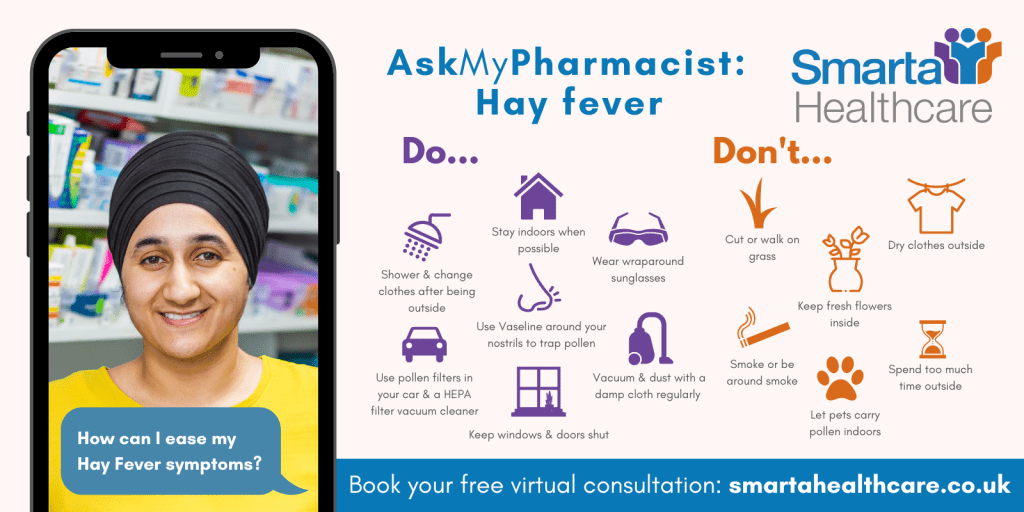
The Met office provide a 5-day pollen forecast so you can plan and prepare yourself for when your hay fever symptoms may be at their worst.
We stock a range of Hay Fever treatments at the Smarta Healthcare Pharmacy and we can even arrange to have them delivered to your door. Give us a call on 01234 831 768 and we can share advice and suggest medicines like antihistamine drops, tablets or nasal sprays to help with itchy and watery eyes and sneezing or a blocked nose.
How can I manage my allergy medications better?
If you are currently taking medication for an allergy and are looking for a way to manage your symptoms better, our friendly pharmacists provide a medication review service free of charge. We can help you understand your condition and medication, including tablets, inhalers, cream and supplements, and suggest alternatives or better ways to take them. 01234 831 768


